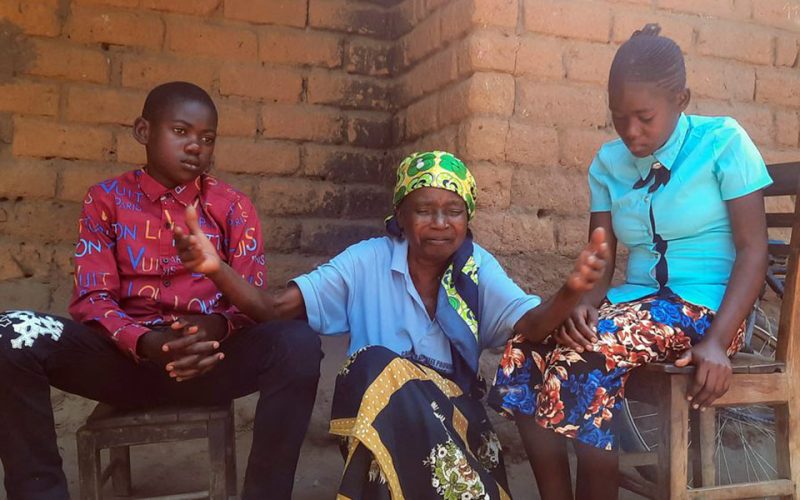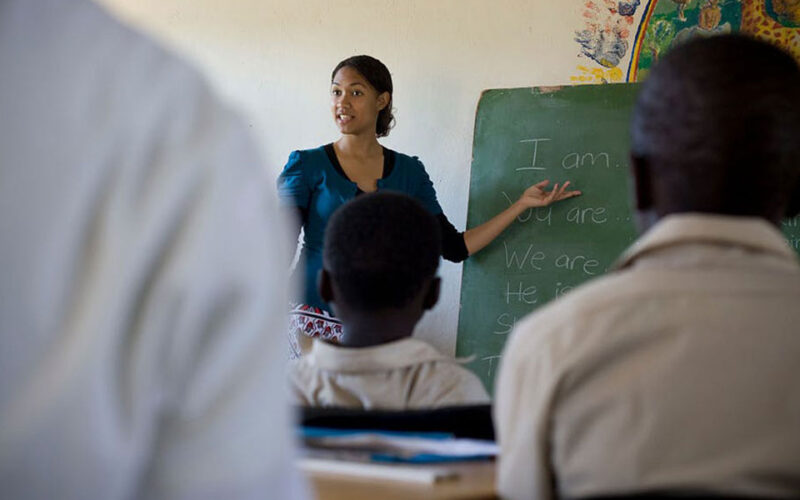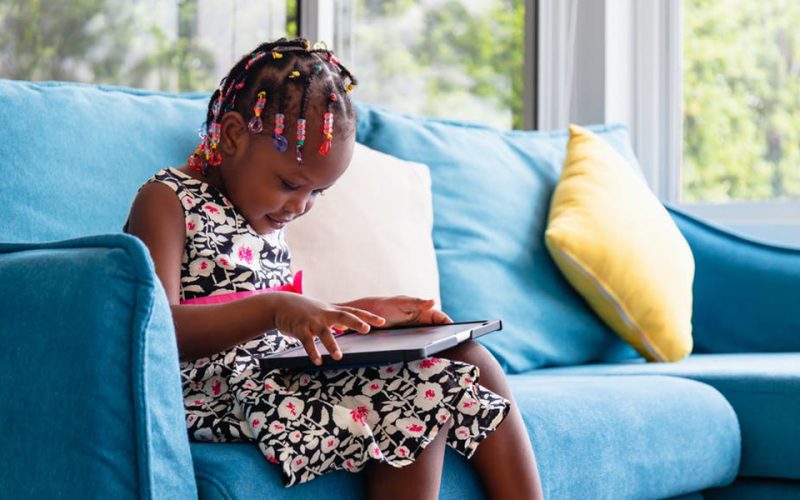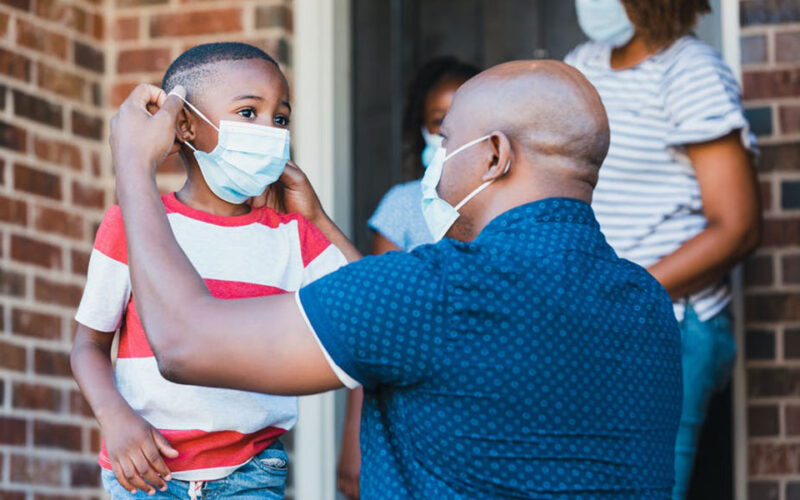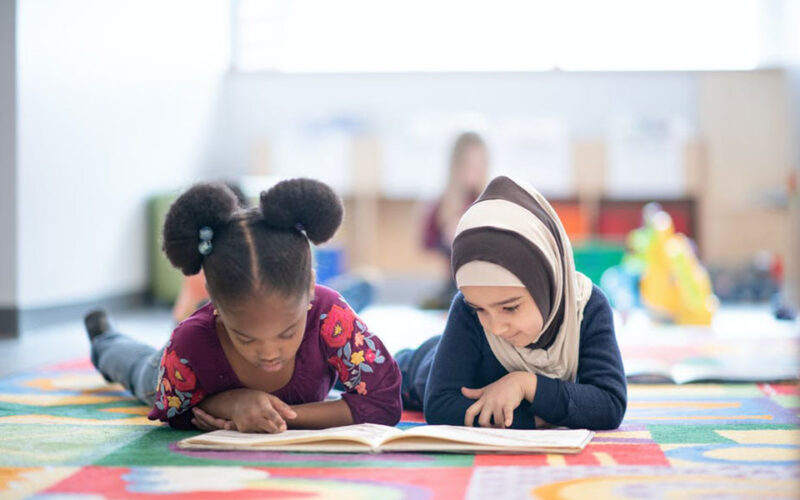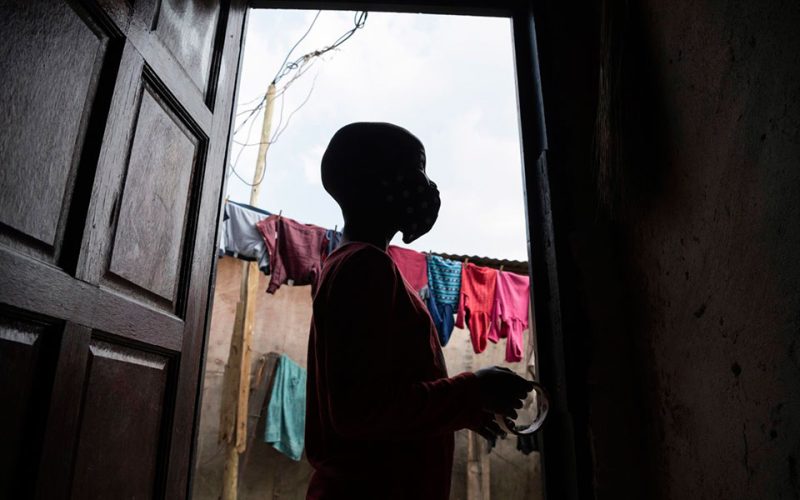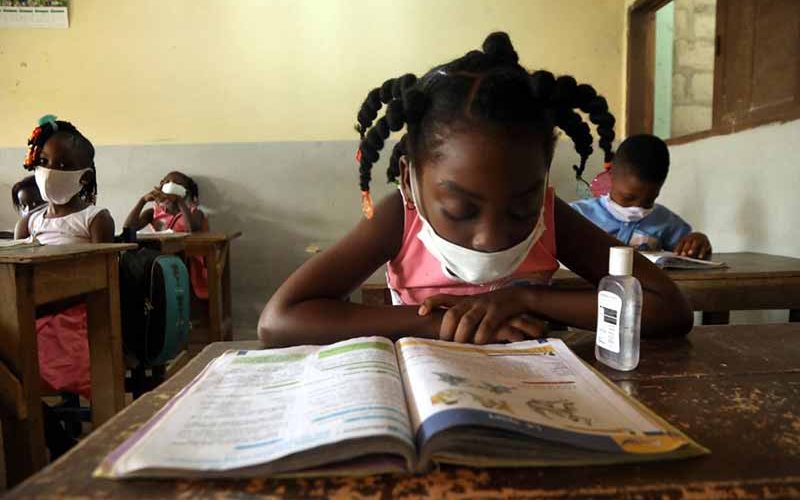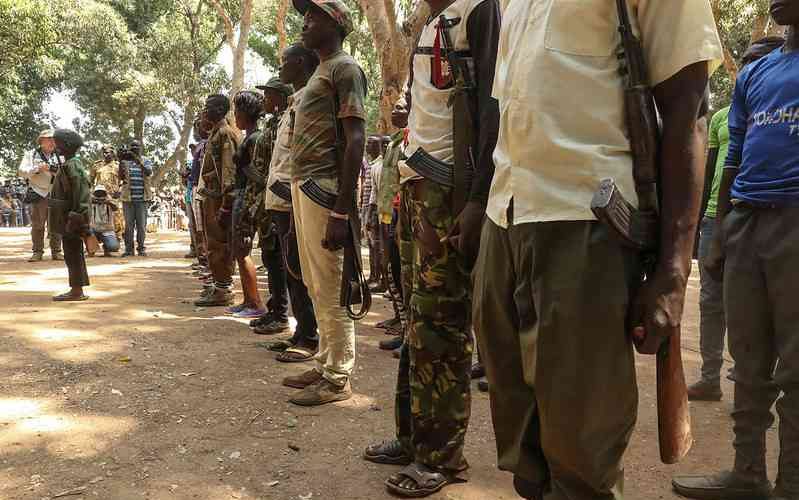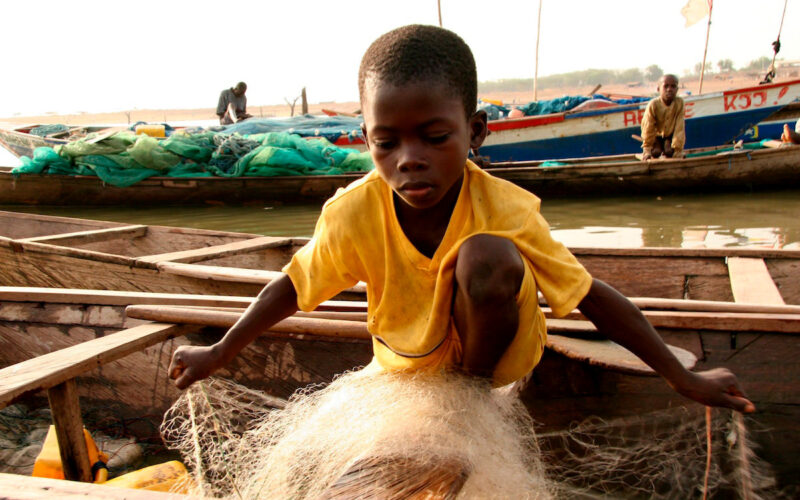
Modern slavery: how a drama project in Ghana educates communities through the stories of survivors
AN estimated 40.3 million people around the world are trapped in slavery. One in four victims are children, with women and girls affected most. Modern slavery occurs when people are forced to work through violence and intimidation. According to the most recent figures from the Global Slavery Index, there are 133,000 people living in slavery in Ghana. Our ongoing research seeks to tackle the issue by using performance to bridge the gap between survivors and people at risk of becoming victims by developing a conversation about 21st-century slavery. How the Ghanaian government responds to this issue affects the amount of…

